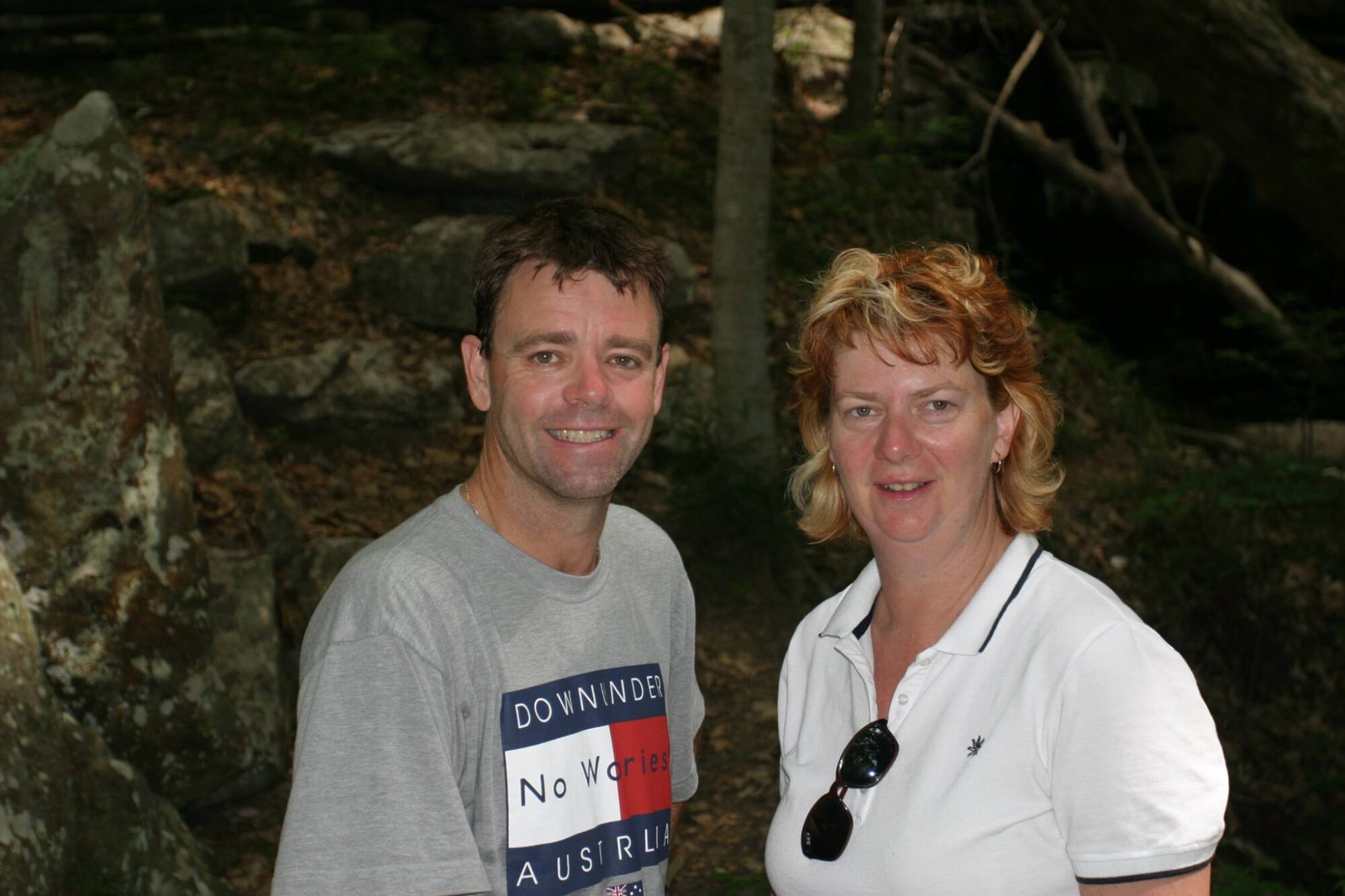Today is Juneteenth, of course — a (now) federally recognized holiday commemorating the emancipation of slaves in 1865. And I wish all of you a wonderful day of celebration and reflection. As proud as I am of Joe Biden’s push to make Juneteenth (finally) a national holiday, I am also deeply ashamed to say that my Congressman, Scott DesJarlais (R-TN4) was one of only fourteen members of Congress (all of them Republicans) to vote against the establishment of the holiday. I’m sure he came up with some excuse to justify his vote, but the fact is he catered to the worst instincts of his overwhelmingly white, hyper-conservative constituents. Shameful.
But that is beside the point. Again, I hope you have a wonderful holiday. I plan to, and I plan to take some time as well to think about the progress we have made as a nation, and the great distance we still have to travel on the journey toward racial justice.
***

Here in our little corner of the world, the life I share with Nancy is about to go through a significant transition, one that I believe will be good for both of us. After eighteen months as acting president of the university here, Nancy will be transitioning back to a supporting role and helping to welcome the newly appointed next president of the school. This has been the plan from the start of Nancy’s tenure as acting president, and her role as a special consultant to the next Vice Chancellor (that’s what they call the president here) was even written into her appointment letter eighteen months ago.
My feelings about the coming shift are somewhat mixed. On the one hand, I know she will be happier and more relaxed. She will sleep better, I am sure. She will go back to working 40 to 50 hours a week instead of 55 to 65. She will no longer have to worry about midnight calls from campus security and the Student Life Office. She will no longer have event after event after event, week after week after week. Life will slow down for both of us, and I welcome that.
On the other hand, she has had a remarkable tenure as acting president that saw her steer the school through a period of unexpected upheaval. She presided over a record-setting admissions cycle and the two most successful annual fundraising days in the school’s history. She continued and deepened the university’s commitment to advancing diversity, equity, and inclusion. She was a terrific ambassador and fundraiser for the institution. And she instituted practices to make communication from the administration to the other university constituencies more candid and transparent. All this while also serving as a trailblazer and role-model: She is the first woman in the history of the school to serve as president.
As much as I have worried about her lack of sleep, her constant workload, the effects of being the most visible person on the campus and therefore having a political and emotional target on her back, I have also loved watching her shine in this role. She is a superstar. I’ve known it for more than thirty years. It’s been fun to see others figure it out as well. I am so proud of her achievements, her class, her integrity, her compassion, her remarkable strength, and her incredible skills as a leader, I can’t even put it into words.
The new president comes from another institution, but he was an undergraduate here and served in various roles at the university in the first two decades Nancy and I were here. His younger child and our older daughter went to elementary school together, swam together, played soccer together. The new president’s wife taught ballet to both of our girls. They are wonderful people and will serve the institution well. Nancy and I wish them every success.
What is next for us?
Well, as I mentioned, Nancy will be helping with the transition through the summer and the 2023-24 Fall Semester. On January 1, 2024, she will go on sabbatical for the calendar year. Sabbaticals in academia usually come every seven years. Nancy’s last sabbatical ended in August of 2006. So, yeah, she’s due . . . .
I have no plans to change what I am doing. I will continue to write and edit. But I also expect that during Nancy’s sabbatical we might travel more than we usually do, and I look forward to having a few adventures. We’ll see our girls — lots, I hope. And, of course, I will enjoy having time with my sweetie. Quiet evenings, relaxed meals, unscheduled weekends — all of that sounds lovely. Beyond the Sabbatical and whatever Nancy’s next step will be as a returning member of the university faculty, we don’t know. But that’s okay, too. A little mystery and uncertainty never hurt anyone.
Enjoy today’s holiday, and have a wonderful week.









 I should have enjoyed last week. We had the release of The Chalice War: Stone, the first book in my new Celtic-themed urban fantasy. Lots of spring migrants (talking ’bout birds here) moved through our area of the Cumberland Plateau, so I had plenty of good bird sightings. The weather was cool and clear (mostly), and my morning walks were crisp and golden. As I say, it had all the makings of a fine week.
I should have enjoyed last week. We had the release of The Chalice War: Stone, the first book in my new Celtic-themed urban fantasy. Lots of spring migrants (talking ’bout birds here) moved through our area of the Cumberland Plateau, so I had plenty of good bird sightings. The weather was cool and clear (mostly), and my morning walks were crisp and golden. As I say, it had all the makings of a fine week.
 Graham was incredibly generous, kind, whip-smart, fierce in his devotion to Di and Laura, and one of the funniest people I’ve ever known. He and Di were both school teachers, both utterly devoted to education, to serving their schools and communities. They were active in their unions. They were political. They loved nature, loved good food and good drink. They were, in short, a lot like us. We knew that we wanted to maintain our friendship after our return to the States. And we did. The following summer Graham, Di, and Laura came to the States for their winter holiday (Southern Hemisphere and all that) and stayed with us for several days. Another great visit. We had tons of fun, but Graham and I also spent a good deal of time talking. He had just lost his father, something I went through a decade earlier. I can honestly say that even though we were now living literally half a world apart, our friendship had only deepened.
Graham was incredibly generous, kind, whip-smart, fierce in his devotion to Di and Laura, and one of the funniest people I’ve ever known. He and Di were both school teachers, both utterly devoted to education, to serving their schools and communities. They were active in their unions. They were political. They loved nature, loved good food and good drink. They were, in short, a lot like us. We knew that we wanted to maintain our friendship after our return to the States. And we did. The following summer Graham, Di, and Laura came to the States for their winter holiday (Southern Hemisphere and all that) and stayed with us for several days. Another great visit. We had tons of fun, but Graham and I also spent a good deal of time talking. He had just lost his father, something I went through a decade earlier. I can honestly say that even though we were now living literally half a world apart, our friendship had only deepened. And I did. The book was Invasives, by the way. It contains the best character work I’ve ever done, and that is no coincidence.
And I did. The book was Invasives, by the way. It contains the best character work I’ve ever done, and that is no coincidence.